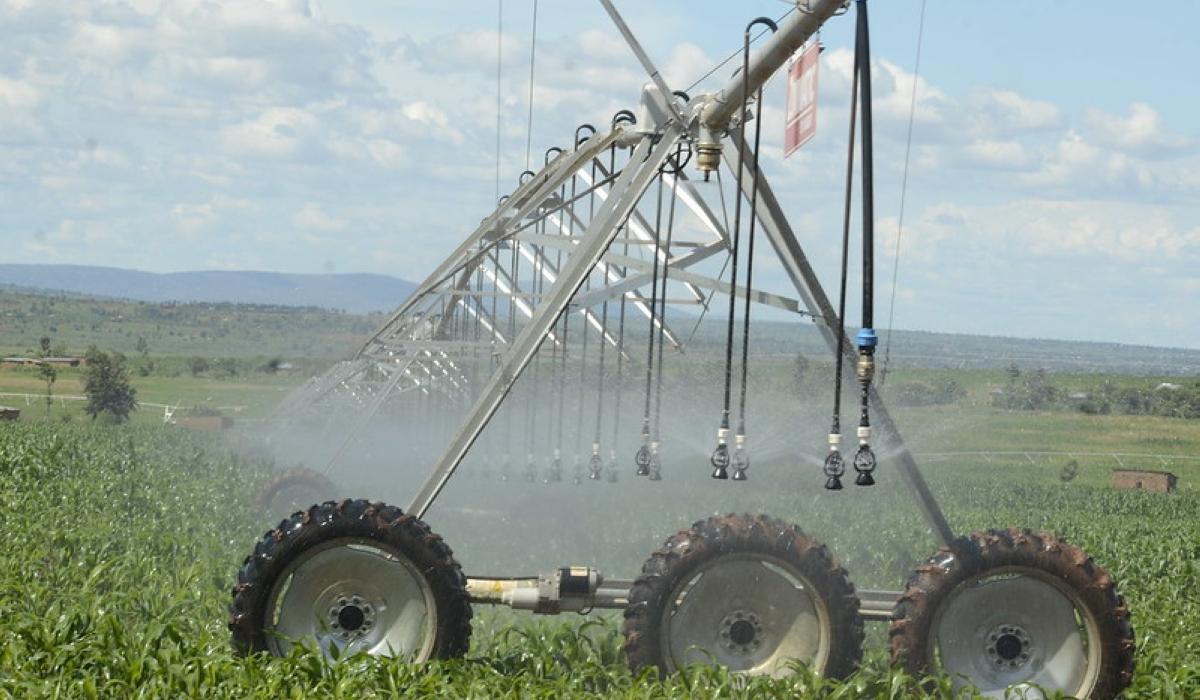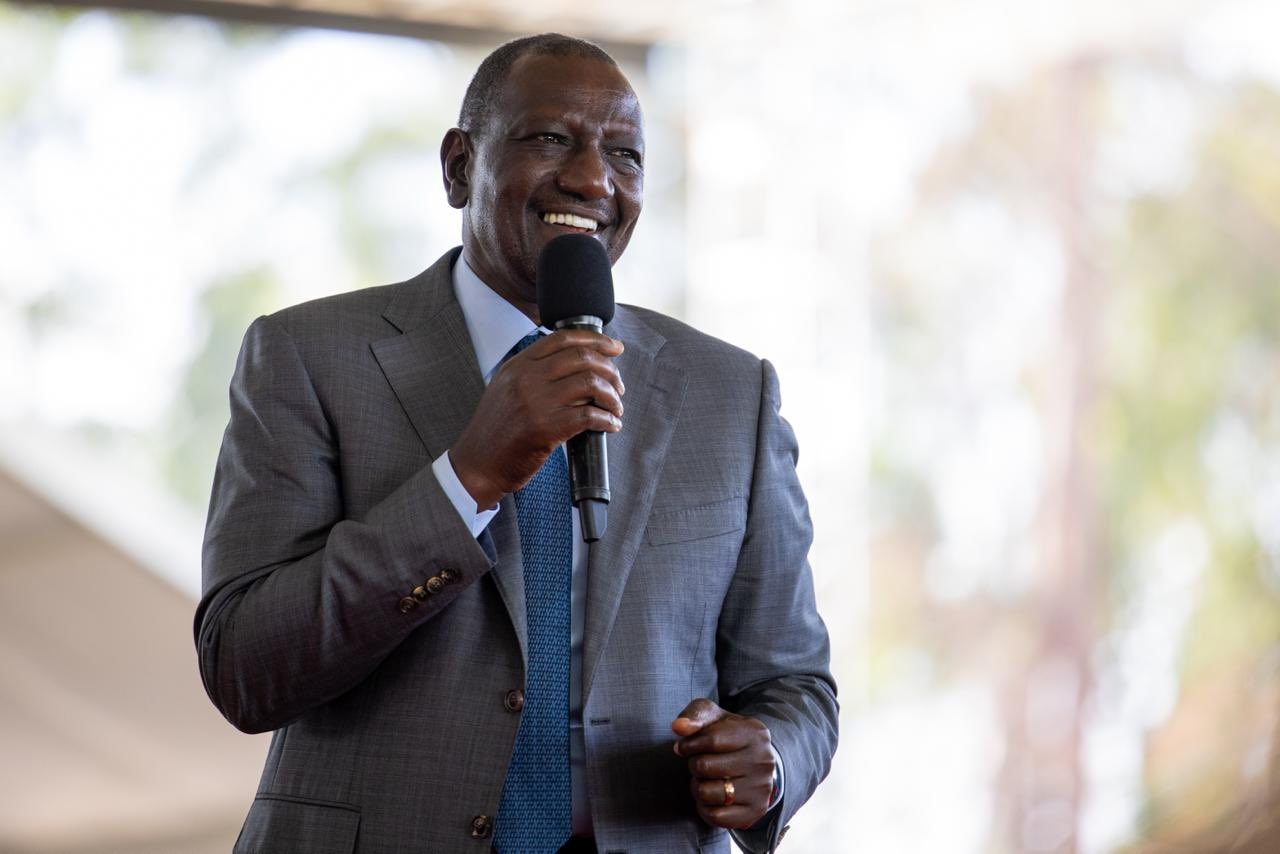Urgent food system reform needed for resilience as Africa faces chronic hunger crisis

The conflict adds another destabilising layer. Violence and insecurity across the Sahel, Horn of Africa, and Great Lakes regions have disrupted planting, destroyed infrastructure, and displaced communities. The report highlights the cyclical relationship between conflict and hunger.
The Global Report on Food Crises 2025 confirms a sobering reality for Africa. Hunger is no longer a seasonal or isolated emergency; it is a chronic, systemic failure. Over 280 million people on the continent are facing acute food insecurity.
The convergence of climate shocks, economic fragility, and institutional weaknesses is eroding livelihoods and undermining food production across regions. Yet, within this crisis lies an opportunity. If Africa can rethink and transform its food systems, it can move from perpetual vulnerability to long-term resilience.
More To Read
- What’s at stake in the COP30 negotiations?
- Major global emitters off track, no country strong enough to meet climate targets - report
- African activists rally and challenge COP30 agenda
- Ethiopia hosting COP32 a ‘win for the Horn of Africa’, IGAD says
- Power utilities raise clean energy investment plans by 26 per cent in major Net Zero push
- Kenya, EU ink Sh4.8 billion deal on environment and climate protection
Climate change remains one of the most visible and devastating threats. The 2023 and 2024 El Niño cycle caused widespread crop failures across Southern Africa. Countries such as Malawi and Zimbabwe saw harvests decimated.
This disruption is compounded by weak rural infrastructure, inefficient irrigation systems, and degraded soils. In much of the continent, rainfall continues to determine whether farmers eat or starve. In this environment, uncertainty becomes the norm.
Economic challenges are making matters worse. High debt burdens, rising inflation, and currency devaluation have significantly increased the cost of food imports. Governments with limited fiscal space are unable to shield citizens from rising prices.
In urban areas, staple goods have become unaffordable for millions. In rural areas, smallholder farmers are unable to access inputs or financing. The result is a sector that is both underproductive and underprotected.
The conflict adds another destabilising layer. Violence and insecurity across the Sahel, Horn of Africa, and Great Lakes regions have disrupted planting, destroyed infrastructure, and displaced communities. The report highlights the cyclical relationship between conflict and hunger.
Where conflict prevails, food insecurity intensifies. Where hunger persists, the risk of conflict grows. Reversing this trend requires more than aid; it demands structural reform.
Smallholder farmer
The heart of that reform must be a renewed focus on the smallholder farmer.
Most of Africa’s agricultural production depends on small-scale producers who lack access to finance, insurance, and modern tools. Without protection from climate shocks or market volatility, these farmers are forced to limit risk and investment. The result is low yields and persistent poverty.
The solution lies in expanding financial inclusion through instruments like climate-smart credit and weather-indexed insurance. Countries such as Rwanda and Kenya have shown the promise of these innovations. The challenge now is how to make them widely available.
Technology offers one of the most powerful levers for transformation. Mobile platforms, satellite data, and artificial intelligence are being used to deliver climate forecasts, optimise planting, and connect farmers to markets. But digital tools must be inclusive.
Low-literacy environments
They must be designed in local languages, adapted to low-literacy environments, and affordable for rural populations. Governments and the private sector must invest not only in hardware and connectivity but also in trust, training, and integration with traditional systems.
Infrastructure remains a major barrier. A significant percentage of Africa’s food is lost between harvest and market due to poor roads, inadequate storage, and weak logistics. Without agro-processing and value addition, the continent continues to export raw produce and import finished goods.
To change this dynamic, public and private investment must be aligned with regional trade policies, particularly through mechanisms like the African Continental Free Trade Area.
Weak institutions
Governance is perhaps the most foundational element. Many of the countries facing the worst food crises also have the weakest institutions. Without functioning extension services, reliable data, and responsive policy frameworks, reforms will falter.
Governments must lead by building capable institutions that can deliver services, monitor risk, and empower communities. Regional and continental bodies must support this process through coordination, knowledge-sharing, and strategic investment.
Africa does not lack the land, the people, or the ideas to feed itself. What is needed now is coherence. Agricultural transformation must become a political, economic, and moral imperative.
Food insecurity is not just about hunger. It is about dignity, productivity, and sovereignty. The Global Report on Food Crises is not just a warning. It is a call to action. Africa must act boldly, not only to survive future shocks but to thrive beyond them.
***
The author is an economist.
Top Stories Today













































